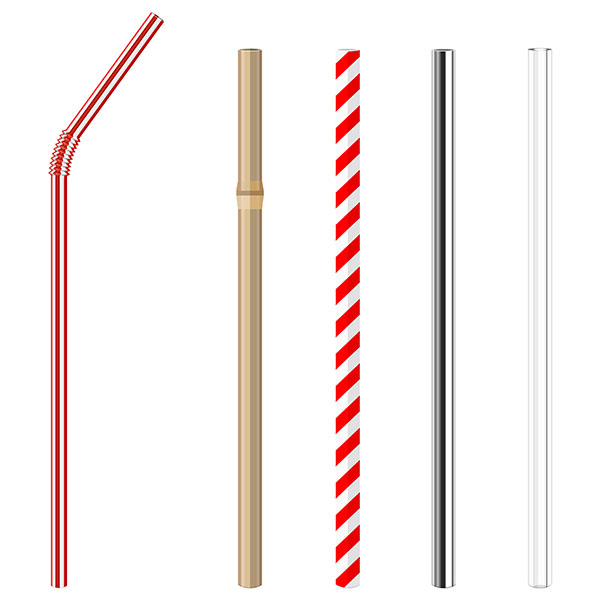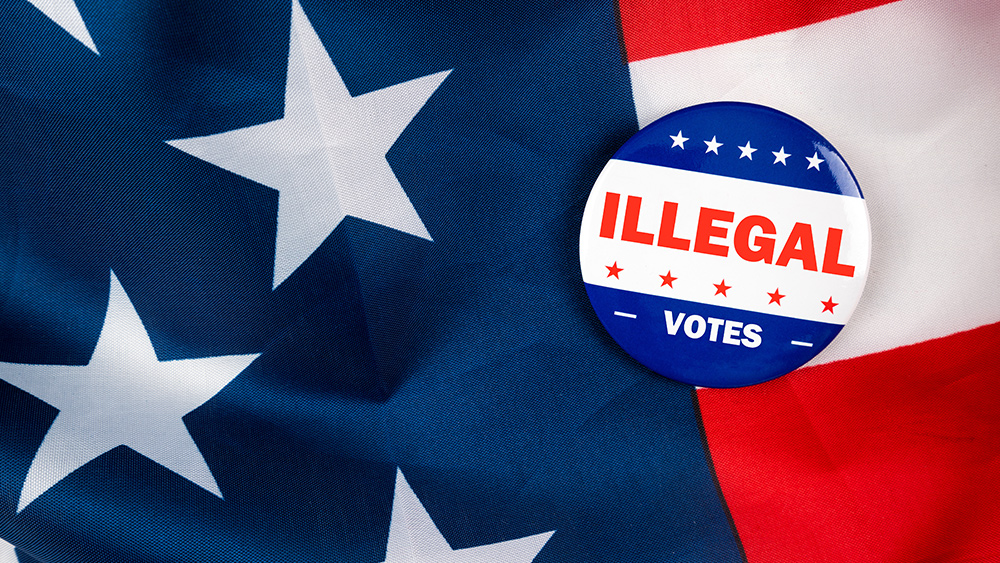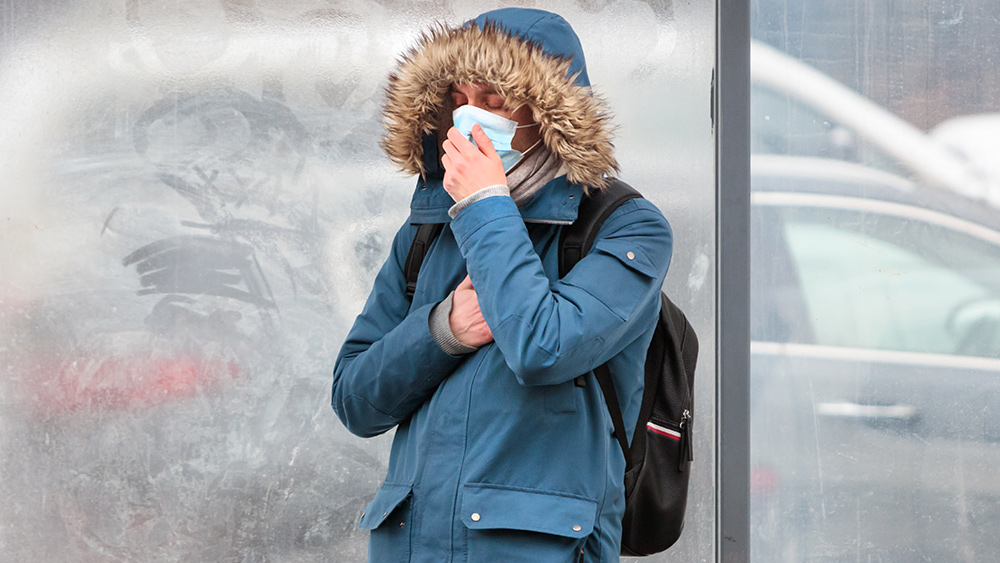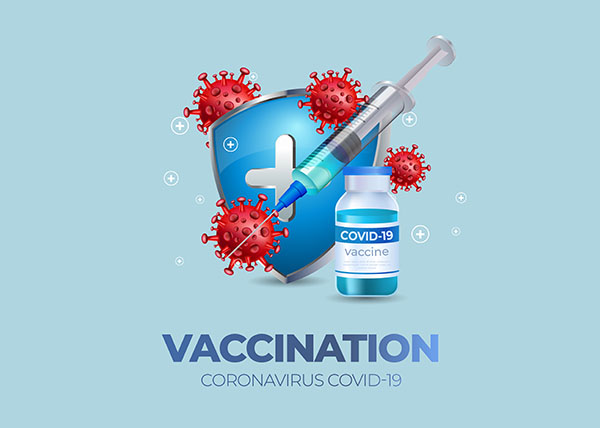Study finds so-called “greener” alternatives to plastic straws contain harmful PFAS
11/08/2024 / By Ava Grace

A recent study has found that supposedly “greener” alternatives to plastic straws contain just as much per- and polyfluoroalkyl substances (PFAS), if not more.
This is part of a wider study looking at how many reusable plastic products used by the food industry contain PFAS, a group of synthetic pollutants known to be harmful to wildlife, humans and the rest of the environment. These harmful substances are even found in supposedly “greener” and more environmentally friendly alternative products.
The study, conducted by researchers at the University of Antwerp in Belgium and published in the journal Food Additives & Contaminants: Part A, found that there are alarming levels of toxins in drinking straws. The toxins are even found in plastic straw alternatives dubbed “green,” meaning those allegedly environmentally friendly. (Related: Plastic straws, scourge of oceans, meets its match – in seaweed straws.)
The alarming results of the green drinking straw study reveal that the supposedly environmentally friendly substitutes for plastic straws, such as those made from bamboo and paper, also have elevated levels of PFAS.
Researchers warned that even if over half a dozen nations, including Canada, France and Guatemala, have banned plastic straws, the alternatives are also prone to damaging the human body and their surrounding environment.
Paper straws also break down easily, making them difficult to use, and the workaround manufacturers found to this was to make them stronger by incorporating plastics into their production.
The study noted that many other consumer products are inundated with PFAS, including packaging used for fast food, laundry and dish detergent and personal care products. Clothing and water-resistant gear, cookware with non-stick coating and contaminated sources of drinking water also contain PFAS.
Study: Only stainless steel straws are free of PFAS
After analyzing 39 brands of straws made of various materials, such as plastic, paper, glass, stainless steel and bamboo, the team found that paper straws contain the most PFAS.
The researchers used suspect screening and targeted methods to quantify the amount of PFAS in the supposedly greener straw alternatives. They discovered that only those made of stainless steel were free of PFAS. To the surprise of many, PFAS were detected at greater frequencies in straws made with plant-based materials, including bamboo and paper.
The researchers discovered that the PFAS in straws made of plant material makes it clear they are not fully biodegradable. Upon further research, it is possible that using plant-based straws as substitutes for regular straws leads to just as much or even more PFAS exposure that causes danger both to people and the environment.
These toxic byproducts were found in 27 of the 39 straws the researchers tested, including 18 of the 20 paper varieties.
Researchers noted that the best recourse for people worried about throwing away plastic straws is to simply consume their drinks without a straw. If using a straw is the only option, then go for stainless steel straws that are reusable and do not incorporate any plastics and thereby have very minimal risk of having PFAS involved.
Watch this in-depth discussion regarding PFAS, the dangers they bring and how people can protect their health from these microplastics.
This video is from the Daily Videos channel at Brighteon.com.
More related stories:
Is it time for a nationwide ban on fluoridated water?
Dumbing them down: Toxic heavy metals and pesticides found in children’s school lunches.
Study finds BLACK PLASTIC in toys, food containers contains TOXIC flame retardants.
Plastic recycling is a SCAM: Recycled plastics are more TOXIC than new ones.
Sources include:
Submit a correction >>
Tagged Under:
Dangerous, discoveries, environment, green living, microplastics, paper straws, per- and poly-fluoroalkyl substances, PFAS, plastic chemicals, plastic straws, poison, products, real investigations, research, straws, toxic chemicals, toxic ingredients, toxins, truth
This article may contain statements that reflect the opinion of the author
RECENT NEWS & ARTICLES
COPYRIGHT © 2017 REAL INVESTIGATIONS NEWS




















